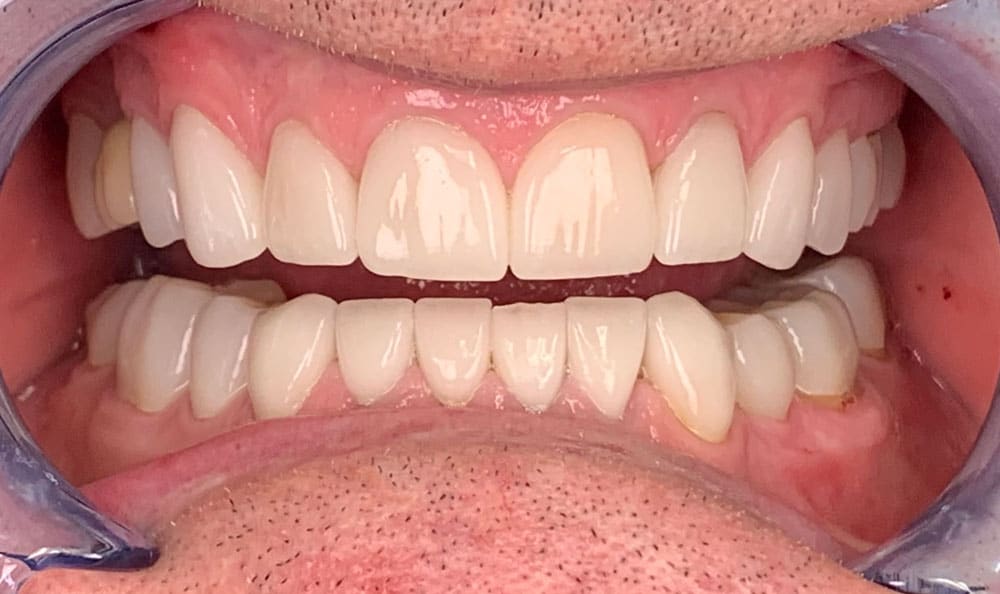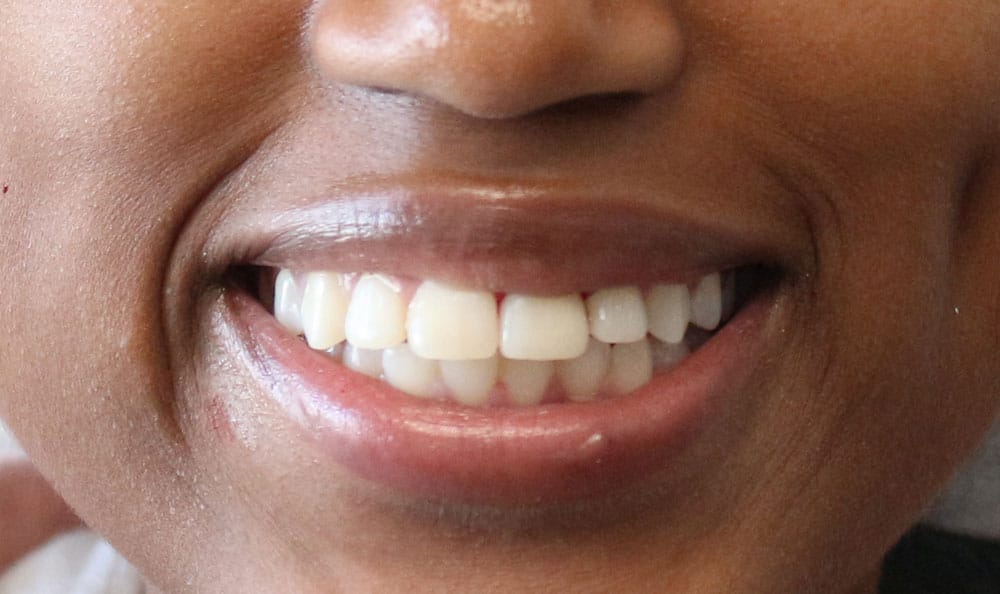Does Teeth Whitening Work, And Is It Safe?
Nobody aspires to become famous for having stunning yellow teeth. As we age, our grins lose their brightness and grow duller. Our once-dazzling smile can get discolored by smoking, certain foods, and alcohol. Presently, teeth-whitening kits and gels can be used at home. Although these choices are more well-liked, are they a secure technique to whiten teeth? Or should you go with professional teeth whitening near me procedures?
How is tooth whitening accomplished?
Teeth can be brightened in a variety of methods. Products like gel-filled trays and adhesive strips are examples of at-home alternatives. They may be readily over the counter and work well at lightening teeth and removing stains.
The naturally occurring bleaching agent hydrogen peroxide breaks down the compounds that cause red wine, cigarettes, and coffee discoloration.
Your dentist or dental practitioner can use a dental filling cost to fix a cavity (hole) in a tooth.

In the same way, carbamide peroxide works, but it releases half of its bleaching power in the first few hours and can continue to work for hours afterward. In-office methods may yield speedier and more permanent outcomes. One treatment or a few sessions could be all it takes to achieve a beautiful smile.
Is it worthwhile to whiten teeth?
Tooth whitening may be a safe choice for a brilliant white smile. However, doing your homework and discussing your options with a teeth whitening dentist beforehand is crucial.
Studies reveal hydrogen peroxide products may harm your teeth' dentin layer's proteins. The hard tissue that sits beneath the surface enamel of your teeth is called dentin.
According to another study, whitening solutions may also cause the surface of your teeth to become softer or rougher.
It is crucial to evaluate the kind of product you're using and how well it fits in your mouth. To avoid discomfort and irritation, keep hydrogen peroxide or carbamide peroxide on your teeth and away from your gums.

How to whiten teeth without risk
Seek for the ADA Approved Seal. It can be found in teeth-whitening toothpaste and products that have undergone independent testing and proven safe and effective.
Observe the guidelines. While some products can be used twice daily, others are meant to be used just once. You get the idea—some you use for a week, some for two.
Visit the dentist. "Ask your teeth whitening houston dentist to determine if these products are right for you."
Teeth discolored by food or drink looking at you, coffee and red wine, or yellowed by aging are the most outstanding candidates for teeth whitening operations.
However, discoloration that is brown or gray can be a sign of problems that a bleaching kit cannot fix.
Take note of your teeth. Using teeth whitening treatments can cause transient sensitivity in some people's gums or teeth. While uncomfortable, that isn't a symptom of long-term harm.
How to prevent stains on your teeth
- Remember to floss after brushing twice a day.
- Abolish your smoking.
- Reduce stain-causing beverages, including red wine, tea, and coffee.
- Seek routine dental cleanings to get rid of surface stains and plaque.
- Teeth whitening treatments can be safe and effective using an at-home solution or a professional procedure.
Briefly put
There are numerous all-natural ways to get your teeth whiter. The majority of these therapies softly remove your teeth's surface stains.
Nevertheless, whitening procedures used by most dentists are far more potent than those found in these home cures. Whitening the teeth could be a more successful strategy when severe tooth discoloration occurs. Any overuse of whitening products can damage your teeth.
Comments
Post a Comment